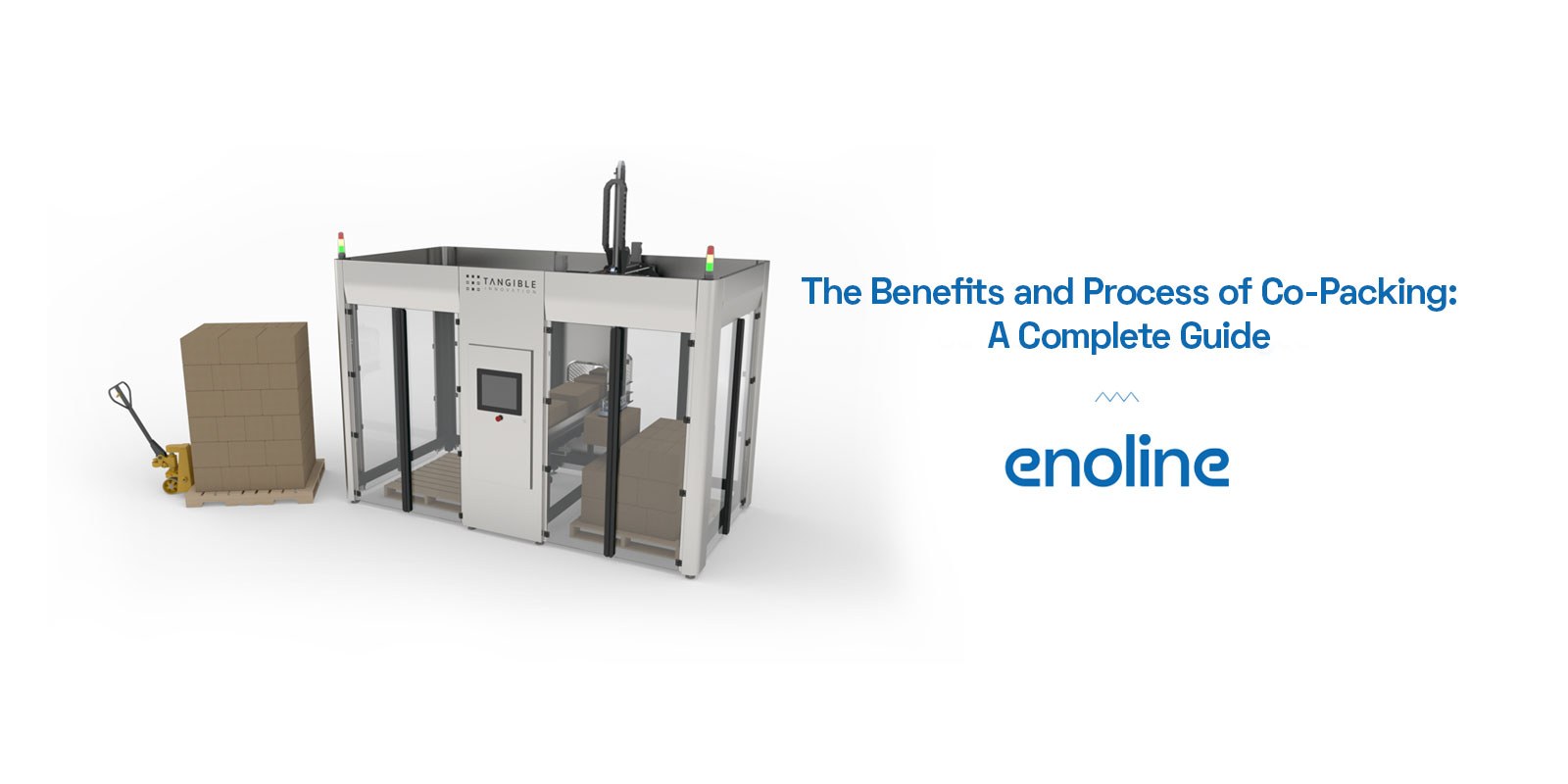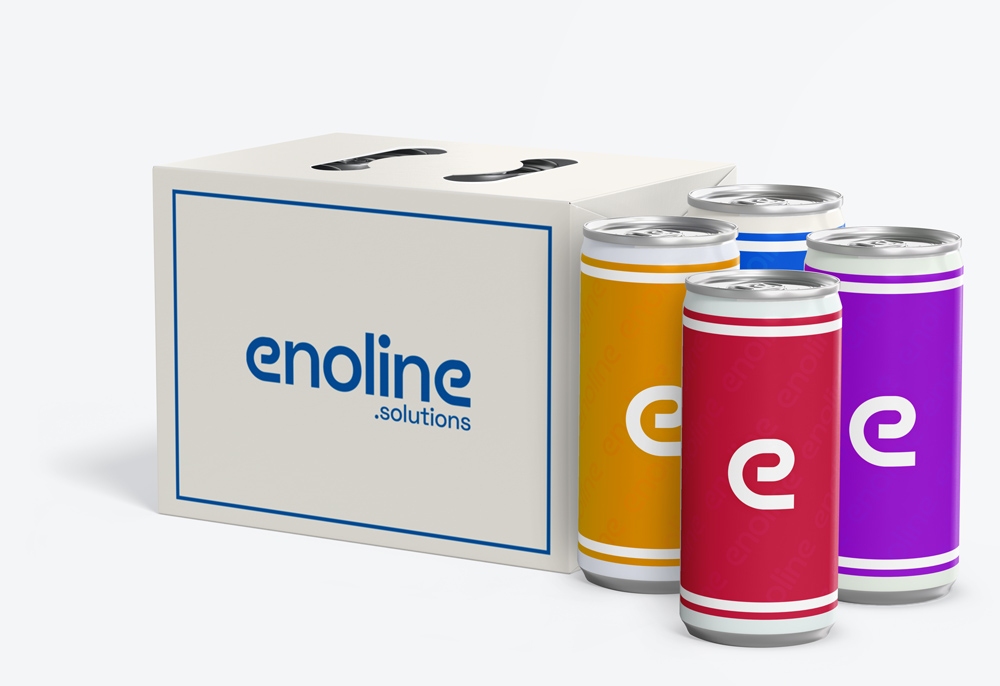September 05th
The Benefits and Process of Co-Packing: A Complete Guide

Co-packing, short for contract packaging, is an increasingly popular solution for businesses seeking efficiency and cost savings. This comprehensive guide explores how co-packing can benefit businesses of all sizes, detailing the advantages, processes, and how to select the right co-packer for your needs.
What is Co-Packing?
1. Definition and Overview
Co-packing refers to the practice of outsourcing a company’s packaging operations to a third-party company, known as a co-packer or contract packager. Co-packers specialize in packaging, labeling, and preparing products for shipment, often handling additional tasks like assembly and distribution. This allows businesses to focus on core operations, such as product development, sales, and marketing, while benefiting from expert packaging solutions.
2. How Co-Packing Works
When a business partners with a co-packer, the process typically begins with a consultation to assess packaging needs, product specifications, and desired outcomes. The co-packer then provides services such as sourcing packaging materials, designing packaging solutions, labeling, and assembling products. Once the products are packaged, they are either stored by the co-packer or shipped directly to retailers or consumers.
Benefits of Co-Packing
1. Cost Efficiency
One of the primary advantages of co-packing is cost savings. Instead of investing in packaging machinery, materials, and labor, companies can leverage the infrastructure and expertise of a co-packer. This is particularly beneficial for smaller businesses that may not have the resources to build an in-house packaging operation.
2. Access to Expertise
Co-packers are experts in packaging technology, materials, and regulations. By outsourcing packaging, businesses gain access to industry knowledge and advanced technology that they might not have in-house. This results in high-quality packaging that meets both regulatory and consumer standards.
3. Scalability
For businesses experiencing growth, co-packing provides scalability. Co-packers have the capability to handle increased production volumes, allowing businesses to expand without the need to invest in new packaging lines. This is especially beneficial for seasonal products or companies that see fluctuating demand.
4. Time Savings
Outsourcing packaging allows businesses to focus on what they do best—whether it’s product development, marketing, or customer service. By leaving packaging to the experts, businesses can speed up time to market and enhance overall efficiency.
Choosing the Right Co-Packer
1. Evaluate Experience and Expertise
When selecting a co-packer, it's crucial to evaluate their experience in your industry. Some co-packers specialize in certain types of packaging or industries (e.g., food, cosmetics, pharmaceuticals). Ensure the co-packer has a proven track record in handling products similar to yours.
2. Quality Assurance
Packaging quality can make or break a product's success in the market. Be sure to inquire about the co-packer’s quality control processes, certifications, and adherence to industry standards such as ISO, HACCP, or FDA regulations for food products. High-quality packaging ensures both product safety and consumer satisfaction.
3. Location and Logistics
Another key consideration is the co-packer’s location. Choosing a co-packer that is geographically close to your manufacturing facilities or target market can reduce shipping costs and improve lead times. Additionally, ask about the co-packer’s logistics capabilities—whether they handle warehousing, shipping, or distribution.
4. Customization and Flexibility
Every business has unique packaging needs. Look for a co-packer that offers customizable solutions and is flexible enough to accommodate your product specifications, order sizes, and deadlines. This ensures the co-packer can grow with your business and adapt to new products or markets.
Common Industries That Use Co-Packing
1. Food and Beverage
The food and beverage industry is one of the largest users of co-packing services. Co-packers help food companies package their products in compliance with safety regulations, manage seasonal demand, and handle specialized packaging like vacuum sealing or shrink wrapping.
2. Pharmaceuticals
Pharmaceutical companies often rely on co-packers to ensure that their packaging meets strict regulatory requirements. Co-packers in this industry provide services such as blister packaging, labeling, and serialization, helping to ensure product traceability and consumer safety.
3. Cosmetics and Personal Care
Cosmetics brands benefit from co-packers who offer customized packaging solutions, such as bespoke containers or eco-friendly materials. These businesses often collaborate with co-packers to create packaging that reflects their brand identity and appeals to their target market.
Conclusion
Co-packing is an effective solution for businesses seeking to streamline their operations, reduce costs, and ensure high-quality packaging. By selecting the right co-packer, companies can benefit from industry expertise, flexibility, and scalability, all while maintaining product quality and regulatory compliance. Whether you're a small business or an established brand, co-packing offers the resources and knowledge to help you succeed in today’s competitive market.
Let us find the best packaging machine for your company !
